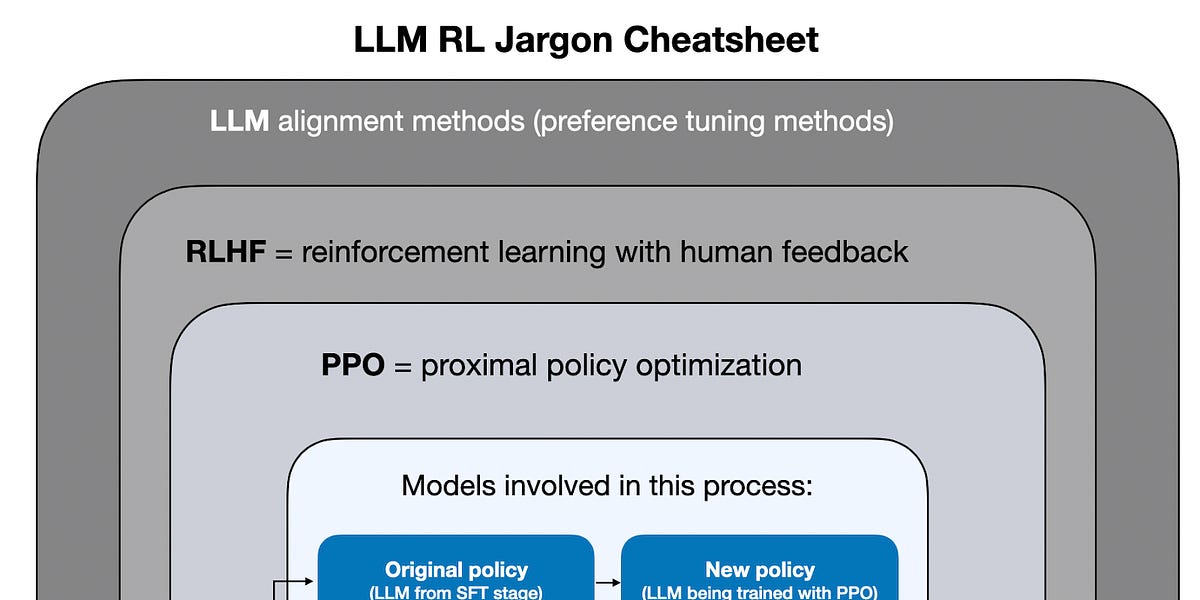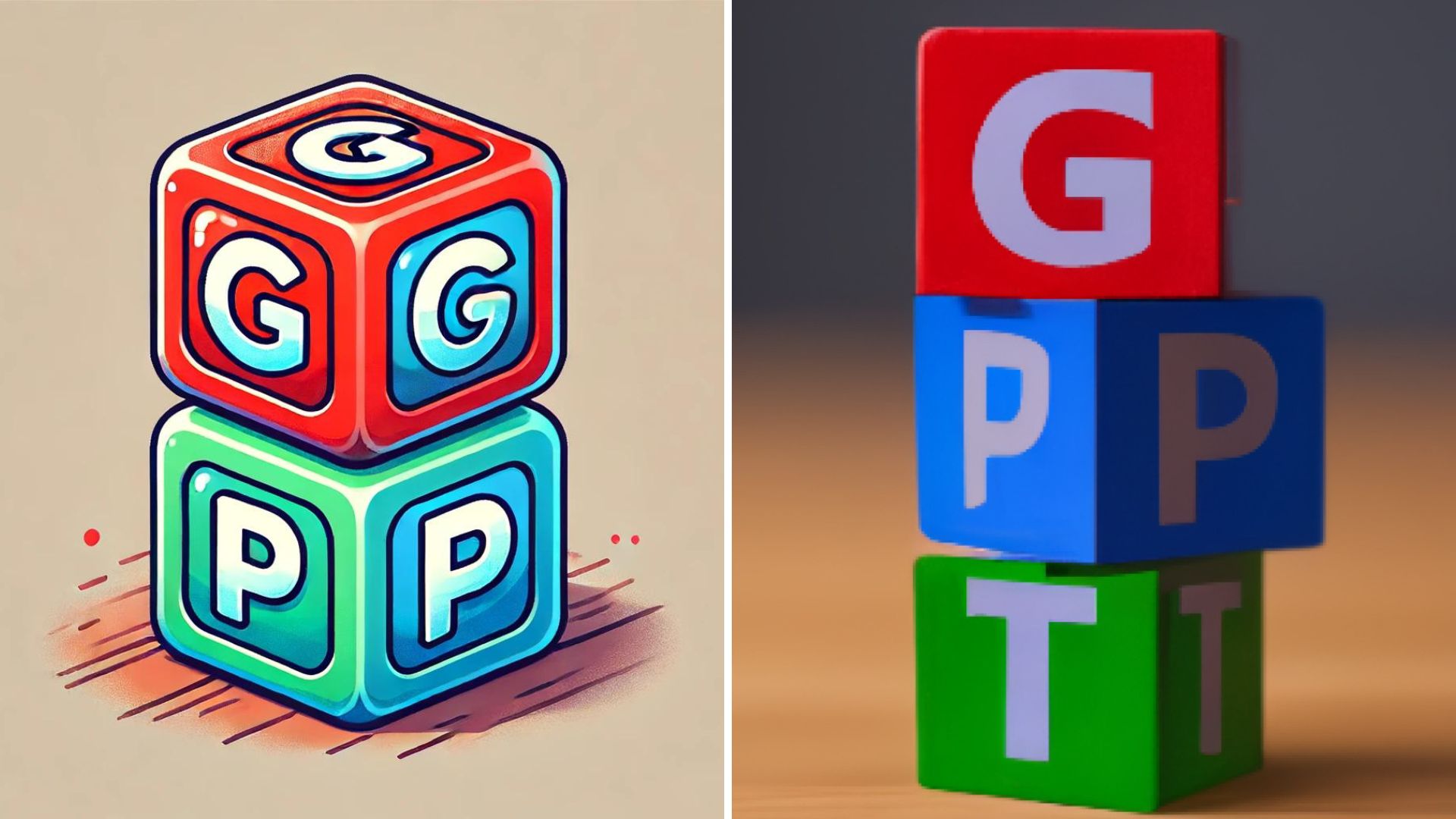Salesforce co-founder and CEO Marc Benioff recently criticised the copilot products offered by Microsoft and other vendors, while promoting their agentic approach instead—stating a clear winner in the battle for enterprise artificial intelligence.
“We all know now that Microsoft Copilot is basically the new Microsoft Clippy, that customers have not gotten value from it,” he said, taking a dig at the product.
Benioff directly criticised Microsoft and OpenAI, which has received billions in investments from Microsoft and supports some of its AI products. He also targeted Microsoft’s business practices, particularly in relation to its treatment of Slack, which Salesforce acquired in 2021.
The End of Copilot Era?
With the advent of ChatGPT, many companies such as OpenAI, Microsoft, started providing these chatbots as a service to enterprises. Microsoft, in fact, integrated these chatbots in almost every range of products and popularised the term Copilot.
However, a Business Insider report from earlier this year revealed that not all customers are happy with Copilot. “Every time a customer starts using it, they start comparing it to ChatGPT and saying, ‘Aren’t you guys using the same technology?’ an Microsoft employee said.
Employees have also noted that even minor changes in prompts can lead to significant variations in results, making it frustrating to use for tasks that require reliability and it was even reported that Microsoft Copilot does not perform as well as expected compared to other AI tools like ChatGPT.
The company has also fine-tuned Copilot by limiting conversation length and steerability, which some employees find hampers its effectiveness. As a result, they view Copilot as cumbersome and less intuitive compared to other AI solutions they are accustomed to, leading them to question its usability.
Some employees also said some users are also unskilled at writing prompts: “If you don’t ask the right question, it will still do its best to give you the right answer and it can assume things.”
In March, Microsoft launched Copilot for Security, the AI industry’s “first generative AI solution” designed for security and IT professionals. It uses vast amounts of data and threat intelligence, processing over 78 trillion security signals daily. A company study showed that security analysts using Copilot for Security worked 22% faster, and 7% reported enhanced accuracy in their tasks.
Netizens were quick to create and share their opinions and experiences highlighting the unique situation.
ChatGPT’s popularity, with over 200 million weekly active users, can be attributed to its longer presence in the market. In contrast, Microsoft’s Copilot app struggled with discoverability due to poor promotion and a subtle mobile launch. Microsoft also paused new Copilot releases to focus on improving existing features, later announcing new offerings like Copilot Pages and Copilot agents.
Interestingly, like Salesforce, and a bunch of other companies, Microsoft too, has entered the world of AI-powered agents with an update to its Microsoft 365 Copilot product that gives users the ability to quickly create a variety of AI assistants that can carry out tasks across both the it’s own software and that of third-party vendors.
This marks a significant shift in Copilot’s functionality, aligning with what the industry refers to as AI agents– the capability for chatbots to autonomously and intelligently handle complex tasks.
“We very quickly realised that constraining Copilot to just being conversational was extremely limiting in what Copilot can do today,” said Charles Lamanna, Corporate Vice President, Business & Industry Copilot at Microsoft.
Reddit hates Copilot
Although the backlash against Copilot by Reddit users feels exaggerated. While criticisms around AI integration in tools are valid, many seem quick to dismiss its potential benefits without maybe fully understanding its capabilities. Copilot has the potential to streamline workflows, improve productivity, and reduce mundane tasks.
Although, the fears about job replacement or privacy concerns are not unique to this tool—they’re part of a broader debate. Instead of outright bashing, offering feedback that helps improve the tool while still acknowledging its positive impact on efficiency and innovation.
Some users even had to say, “A good product is self explanatory – it doesn’t have instructions. Microsoft has always failed at UI. Maybe it’s because they are such an old company, the staff are full of oldies with outdated ideas.”
The negativity surrounding Copilot feels disproportionate. Many users seem to jump on the bandwagon of criticising it without fully exploring its potential.
Reacting to this, one user expressed disappointment with Microsoft’s current version of Bing Copilot, arguing that it lacks the sophistication of earlier models, such as the one nicknamed “Sidney.” These early versions were considered more intelligent and responsive, leading some to feel that Microsoft “dumbed it down” over time.
According to this perspective, Microsoft may have been overly cautious, fearing that users would misuse the technology for inappropriate purposes. This led to a more constrained and limited tool, which some believe lacks the appeal of ChatGPT.

 6 months ago
50
6 months ago
50


